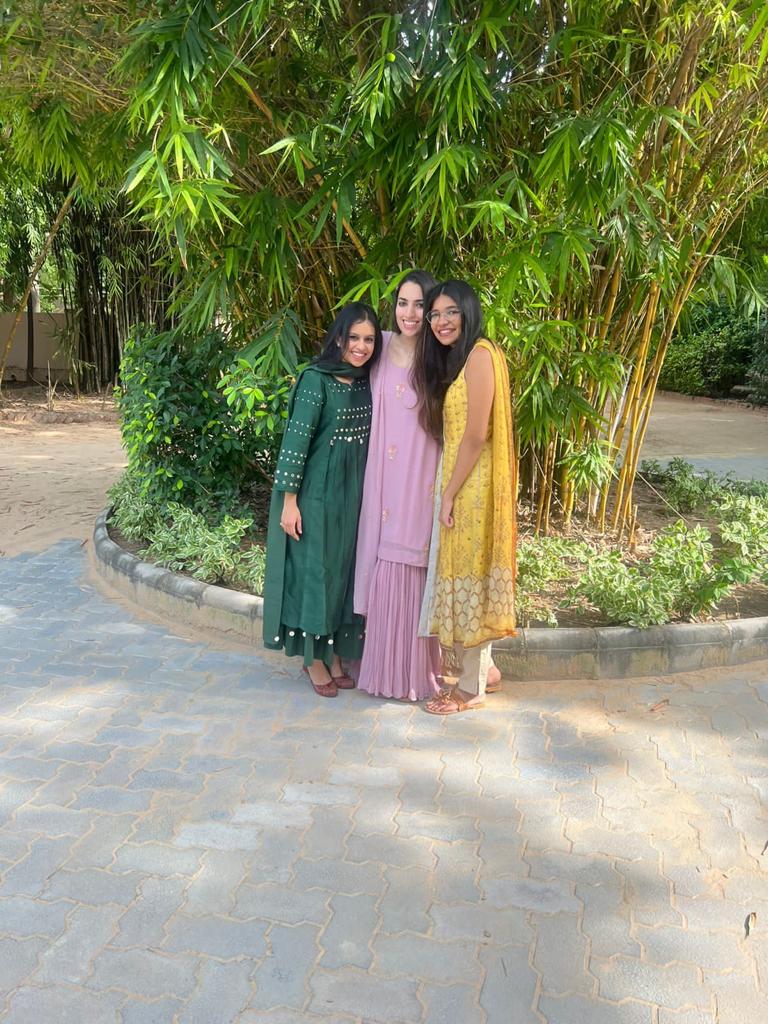Health tech startup, Meddo is on expansion spree; hires 30 employees and plans to keep on growing
The Growing Need for Social-Emotional Learning in India
Published on October 10, 2022

In one of India’s favourite household movies, 3 Idiots, the antagonist repeatedly reiterates, “life is a race.” This character represents the director of a prestigious higher-education institution, which enrolls students who have received the most competitive academic scores. Essentially, the intrinsic worth of the student at this institution is reduced to a single number. The backwash effect of such a policy, convinces parents to believe that life is actually a race and so they force their children in the rat race of achieving the highest numerical academic scores. In this race of a student trying to outnumber a peer or in this fierce competition for a teacher to prove their class delivered the best academic performance, what is lost is the nurturing of the vulnerable child into a thinking individual required to shape human development.
Through this life race, we forget that children must be shaped beyond a mere summative value. This numeric value given to a student has perpetuated in a mental health crisis that has now been exacerbated by social-media and technology, a pandemic, and the evils of competition. Therefore, schools need to realize their role in transforming future generations of students to be mindful, responsible, aware, and passionate citizens of the world. Consequently, it is imperative that schools encourage students to know, understand, and celebrate their intrinsic self and develop them into well-rounded individuals. With this growing need for social-emotional learning (SEL), a recent study by Collaborative for Academic, Social, and Emotional Learning (CASEL) noted that “82% educators agree that a well-crafted, fully integrated SEL approach makes an impact post-pandemic.” Therefore, three young women saw this as an opportunity to bring social-emotional awareness to the academic system in India. Jahanvi Kothari, Kareena Mehta, and Sakshi Shah developed the first Social-Emotional Learning Program in Banaskantha District at Vidyamandir Trust in Palanpur, Gujarat. This was a three-day program called the Holistic Wellbeing Workshop where they focused on empowering future educators with resources and tools to incorporate skill-development rooted in the five competencies of social-emotional learning: self-awareness, self-management, responsible decision-making, social awareness, and relationship skills, into their classrooms.
According to a Harvard Business Review (HBR) article on emotional intelligence, it “accounts for nearly 90 percent of what sets high performers apart from peers with similar technical skills and knowledge.” While schools can churn every student to have a certain numeric value, what will set them apart is their social-emotional competency. With India being the land of opportunity and growth, it is imperative now more than ever to bring social-emotional learning into a classroom right from elementary school.
In the same movie, the protagonist teaches us the importance of humanity, which begins with content individuals, and the simplicity of wearing your heart on your sleeve. Similarly, the Holistic Wellbeing Foundation aims to bring the same authenticity, humanity, and empathy into classrooms by encouraging Indian educators to understand their influence on the future of global leaders.






















